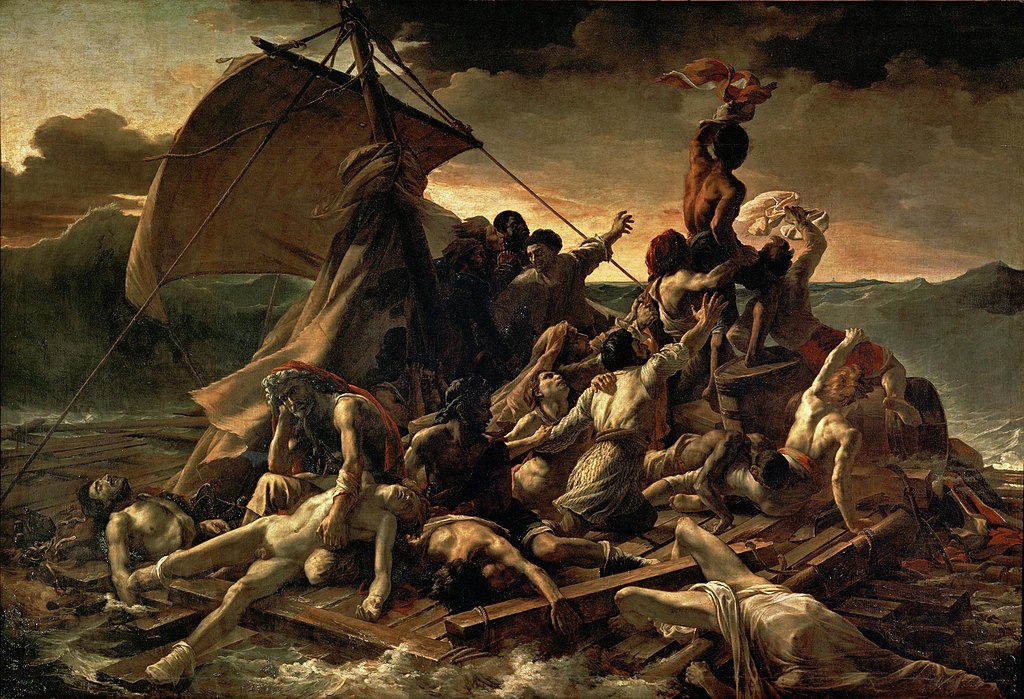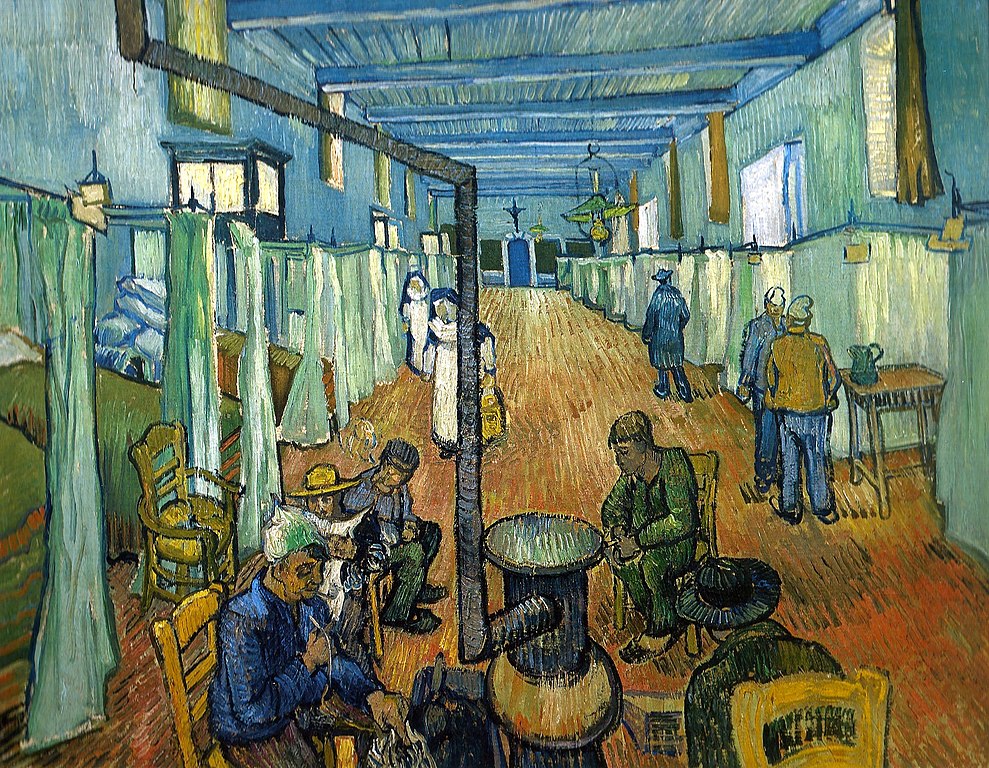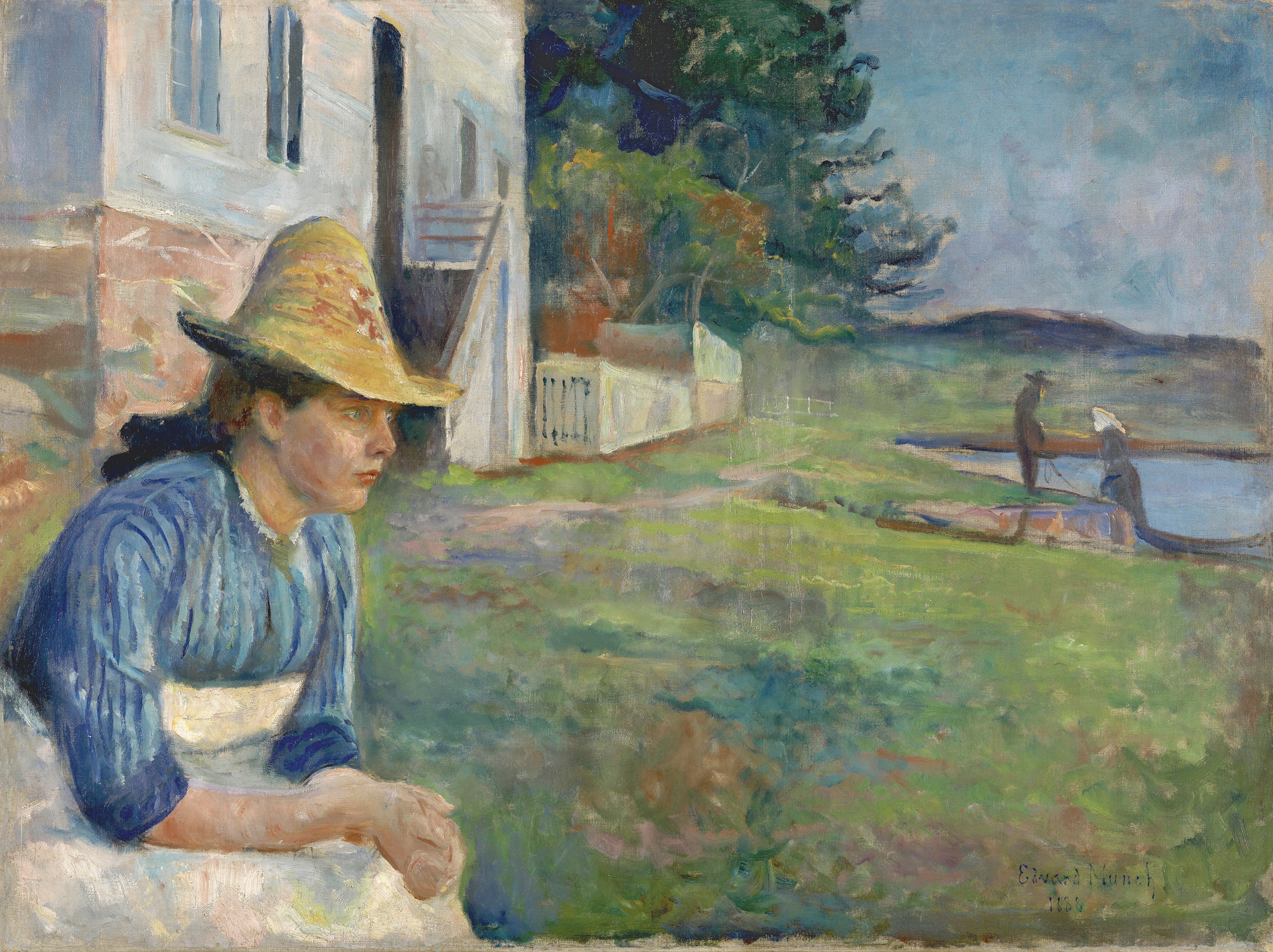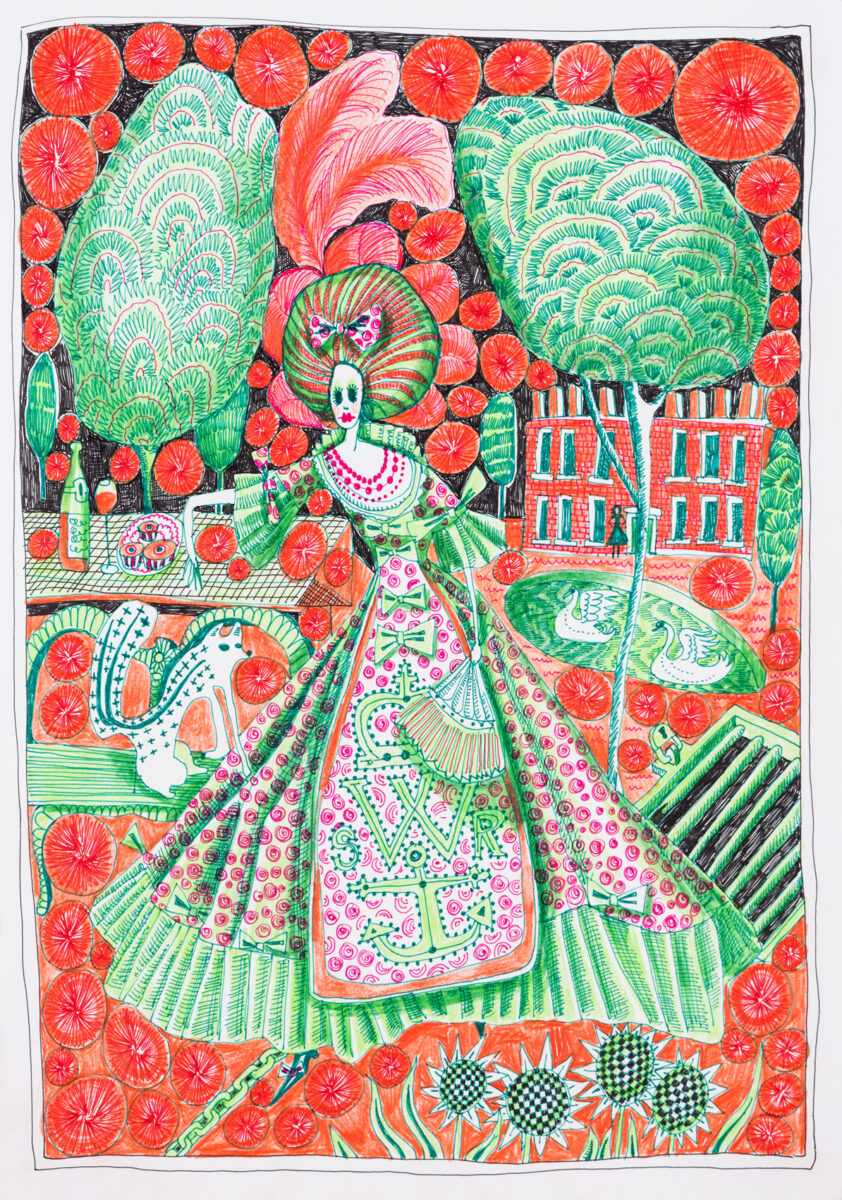
So, I’ve met Jesus twice before. Over 20 years ago, I joined the cast of The Life of Christ at Wintershall, the epic outdoor drama experience that takes you through the story of Jesus’ life (and it’s still going strong). As well as being Crowd Person 176, with glorified tea towel on head, I was cast as the bride at the wedding at Cana. Apart from Jesus, the rest of the cast were local, normal people (as in not professional actors) and I rather shyly attended the first rehearsal knowing no-one. I had been sitting on my own for a bit when Jesus walked in and caught my eye. He walked straight over to me and shook my hand, “You must be Natalie,” he said. For just a moment, I forgot that he was an actor and I thought, “You really are Jesus, you know me by name!” But then I remembered that I was the only new addition to the cast, and he was just a really nice guy welcoming me to the company.
Some eight or so years later, I was involved with the Oxford Passion, a Passion play written for and produced by Creation Theatre company in Oxford. I helped write the script and played the role of Mary Magdalene. The actor, Tom Peters, who played Jesus in that production was incredible. As an actor and as a Christian, it was an extraordinary experience, sharing some powerful scenes with Jesus. Each night for several weeks, I had to watch my beloved Christ being crucified all over again. I wept deeply, every night.
Then fast forward to Monday 22 January 2024, and I’m at the cinema UK cinema Premiere of season four of The Chosen in London’s Leicester Square and I see Jesus walk the red carpet. Surreal.
So, there I was, in all my finery, lurking about, hoping to get a selfie with Jesus.
In case you haven’t come across The Chosen, it’s a ground-breaking historical drama series. Created, directed, and co-written by filmmaker Dallas Jenkins, it is the first multi-season series about the life and ministry of Jesus of Nazareth. Primarily set in Judaea and Galilee in the first century, the series centres on Jesus and the different people who met and followed or otherwise interacted with him. The emphasis is on portraying the “authentic Jesus” through the point of view of the people who spent time with him, asking the question, what did it really look like to be a follower of Jesus? It has quickly become a highly successful crowdfunding project, with episodes viewed 700 million times and a big vision to reach a billion viewers by the end of season seven.
Jonathan Roumie, who plays Jesus in The Chosen, says,
“Our fanbase was entirely Christian at first, but because of its popularity the show has attracted people from all faiths and no faith to the character of Jesus. We’re trying to really portray his message of love and tender mercy.”
To raise awareness for the show, which can be streamed on Netflix and Amazon Prime (or for free on The Chosen app), season four was launched with a cinema release in Leicester Square. So, there I was, in all my finery, lurking about, hoping to get a selfie with Jesus. And I had to pinch myself. When did Jesus become a world-wide celebrity with people whooping and whistling and jostling for his attention? Well, it happened when he rode a donkey into Jerusalem on the first Palm Sunday, but not so much in the last 2,000 years, especially not in recent years in the West.
It’s a huge risk creating a show when everyone knows how it ends. As we watch, even the early seasons, we know where the narrative arc is going. And yet, somehow, we still want to find out what happen.
What have the creators of The Chosen got so right that millions of people tune in to binge watch the narrative of the gospel story?
First up, Jesus laughs. A lot. He smiles and he hugs people. He is intensely personable and bloke next door-y (he’s not very good at ball games for one thing). But he also, when necessary, exerts huge personal authority. There is a confident, courageous, generous, humility to him that is hugely attractive. When the going gets tough, you think, he’d be good to have around. But also, he’s great company around the dinner table, telling stories and listening, too.
Because of the way the story is told, through the eyes of those who knew Jesus, we get drawn into the personal dramas of the Twelve Disciples as well as a wider group, including several women. It even includes some Romans, who are clearly the “bad guys” but drawn equally plausibly as the other more sympathetic characters. In the lives of these people, we find the domestic reality of the human experience – working hard to put food on the table, relating to family members, suffering illness and even miscarriage. And then we see the difference that it makes to have the Son of God around. And that’s the hook, that’s what means the viewer becomes deeply invested in the show because it turns out the people in the Bible aren’t super spiritual giants, they are people just like you and me. They struggle with the day-to-day realities of life, they’re confused, and they mess up. And then they meet Jesus.
It’s a huge risk creating a show when everyone knows how it ends. As we watch, even the early seasons, we know where the narrative arc is going. And yet, somehow, we still want to find out what happens. Because: we are invested in the stories of the Roman Centurion who looks as if he might come over to the light side; we’re keen to find out how Simon Peter and his wife get over their marital difficulties; we’re cheering for the success of the olive oil business set up by Zebedee (that’s James and John’s Dad) along with the help of some shrewd businesswomen who are also numbered amongst The Chosen.
When I see a dramatized version of any book I’ve read, I usually get quite angry – “that’s not what he/she looks like! That’s not how they talk!” And dramatizing part of the bestselling book of all time, the four Gospels of the Bible, is quite a risky choice for a TV programme. But I recognise the Jesus in The Chosen as the Jesus I know and love. And there is no higher accolade I can give than that.
The extraordinary success of the show is that millions of people have watched it and been drawn in. Millions of people have invested not just their time and viewing commitment, but also their own money. The show is entirely crowdfunded, and the show’s makers are deeply committed to building community around what they’re doing. Fans are invited to participate in the crowd scenes (being the 5,000 who get fed, for example) and there is almost as much behind-the-scenes content produced as the show itself. There’s a buzz around what they’re doing and it’s spreading way beyond the homes of a Christian fanbase.
When Jonathan Roumie arrived for the season four premiere in Leicester Square, it was like a rock star had stepped out of the car, such was the reach and excitement around his portrayal of Jesus in The Chosen. For hundreds of years, Christian artists have used the creative arts at their disposal – stained glass windows, music, fine art – to try to convey the authentic Jesus to the world. In our time, TV programmes are the artform of greatest impact and the digital distribution now available to the makers of The Chosen affords unprecedented access to their material around the world, as they aim to dub it into 600 languages ensuring 95 per cent of people worldwide can watch it spoken in their native language.
Is it too soon to suggest that The Chosen may be the Sistine Chapel of our age? It’s certainly too early to try guess the impact that this cultural phenomenon will have on the world’s faith journey. But if the reaction on the red carpet at Leicester Square last Monday night is anything to go by, Jesus seems to be making a comeback.
Episodes 1&2 of season four of The Chosen are showing in UK cinemas from Thursday 1 February 2024 - with other episodes being released later in the month. This is the first time ever that a full season of a streaming TV show will be released exclusively in cinemas.










